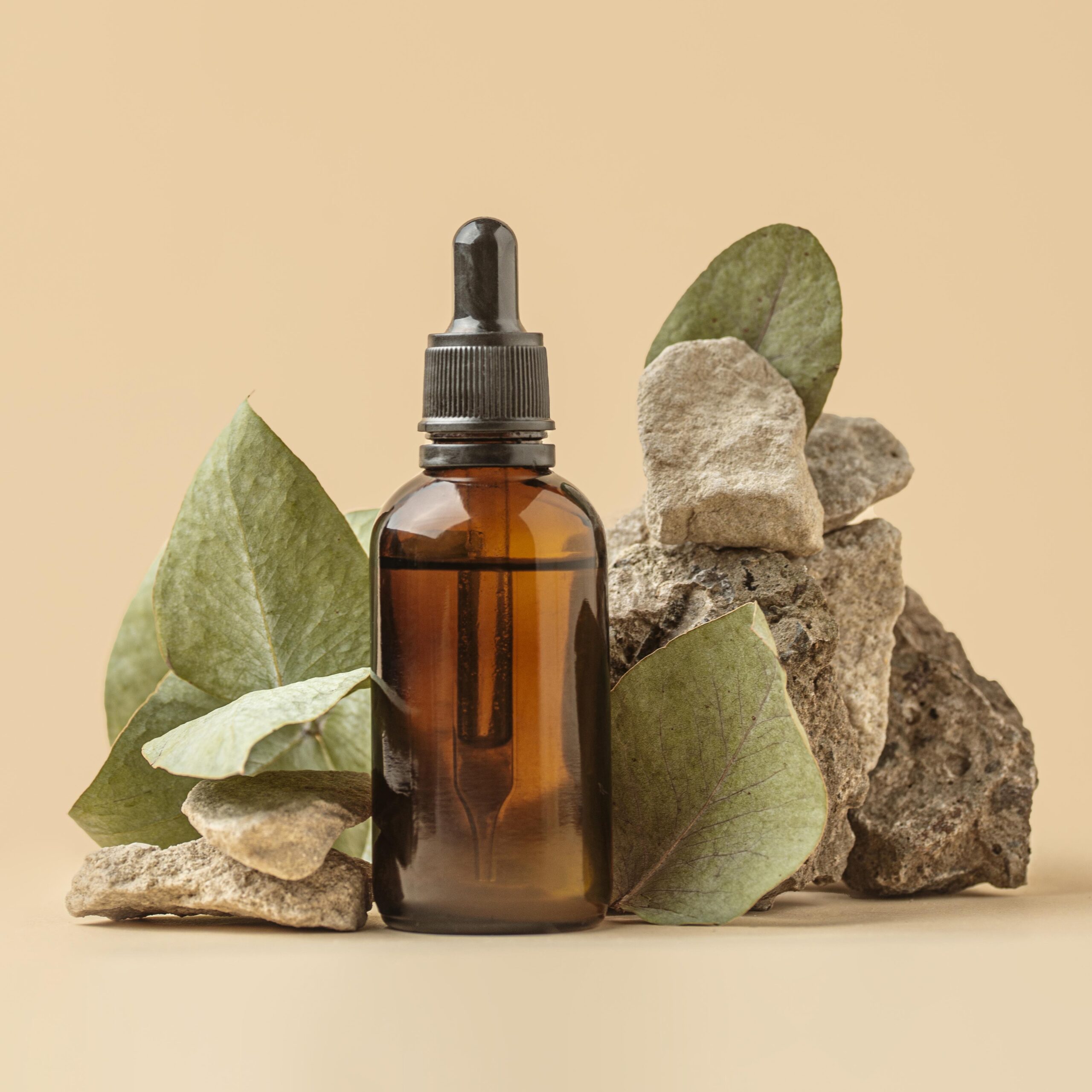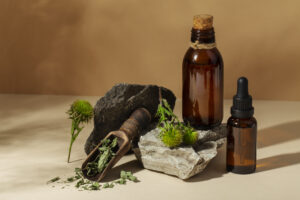The Best Carrier Oils for Diluting Essential Oils in Hair Care
Essential oils have long been valued for their therapeutic properties, including their ability to promote hair health and vitality. However, using essential oils directly on the hair and scalp can be too potent and may cause irritation or sensitization. That’s where carrier oils come in. Carrier oils are mild, nourishing oils that can dilute essential oils, making them safe for topical application while also providing their own benefits to the hair and scalp. In this blog post, we’ll explore some of the best carrier oils for diluting essential oils in hair care and how to use them effectively.
- Coconut OilCoconut oil is a popular choice for diluting essential oils in hair care due to its moisturizing and conditioning properties. Rich in fatty acids, coconut oil penetrates the hair shaft to hydrate and strengthen from within, reducing breakage and split ends. It also has antimicrobial properties that can help to combat scalp issues such as dandruff and itchiness. When combined with essential oils like rosemary or lavender, coconut oil can promote hair growth and improve scalp health.
- Jojoba Oil
Jojoba oil closely resembles the natural sebum produced by the scalp, making it an excellent carrier oil for all hair types. Lightweight and non-greasy, jojoba oil moisturizes the hair and scalp without weighing it down. It also helps to balance oil production, making it suitable for both dry and oily scalp conditions. When paired with essential oils like tea tree or peppermint, jojoba oil can soothe inflammation, reduce itching, and promote a healthy scalp environment.
- Argan Oil
Argan oil, also known as “liquid gold,” is derived from the kernels of the argan tree native to Morocco. Packed with antioxidants, vitamins, and fatty acids, argan oil nourishes and protects the hair from damage caused by heat styling, environmental stressors, and chemical treatments. It also helps to tame frizz, add shine, and improve the overall manageability of the hair. When mixed with essential oils like ylang-ylang or cedarwood, argan oil can enhance hair softness and promote elasticity.
- Sweet Almond Oil
Sweet almond oil is a gentle, hypoallergenic carrier oil that is well-suited for sensitive scalp and skin. Rich in vitamins E and D, as well as essential fatty acids, sweet almond oil moisturizes and conditions the hair, leaving it soft, smooth, and nourished. It also has emollient properties that help to seal moisture into the hair shaft, reducing dryness and brittleness. When combined with essential oils like chamomile or geranium, sweet almond oil can soothe irritation, calm inflammation, and promote a healthy scalp environment.
- Olive Oil
Olive oil has been used for centuries as a natural remedy for hair and scalp health. Rich in antioxidants and vitamins, olive oil deeply moisturizes and nourishes the hair, improving its strength, elasticity, and shine. It also has anti-inflammatory properties that can help to soothe dry, itchy scalp conditions. When mixed with essential oils like lemon or peppermint, olive oil can invigorate the scalp, stimulate circulation, and promote hair growth.
- CASTOR OIL
Castor oil is a thick, viscous oil that is particularly beneficial for promoting hair growth and thickness. High in ricinoleic acid, a fatty acid with anti-inflammatory and antimicrobial properties, castor oil helps to improve blood circulation to the scalp, nourishing hair follicles and promoting healthy hair growth. It also has humectant properties that attract moisture to the hair, preventing dryness and breakage. When combined with essential oils like rosemary or cedarwood, castor oil can stimulate hair growth and improve scalp health.
- Avocado Oil
Avocado oil is rich in vitamins A, D, and E, as well as essential fatty acids, making it an excellent choice for nourishing and hydrating the hair and scalp. Lightweight and easily absorbed, avocado oil moisturizes the hair without leaving a greasy residue. It also helps to strengthen the hair shaft, reduce breakage, and improve elasticity. When paired with essential oils like peppermint or eucalyptus, avocado oil can invigorate the scalp, promote circulation, and stimulate hair growth.
HOW TO USE CARRIER OILS WITH ESSENTIAL OILS IN HAIR CARE:
To create a customized hair treatment using carrier oils and essential oils, follow these simple steps:
- Choose your carrier oil based on your hair type and concerns.
- Add a few drops of your chosen essential oil or essential oil blend to the carrier oil. The recommended dilution ratio is typically 1-2% essential oil to carrier oil, although this can vary depending on the specific essential oils used and individual sensitivity.
- Mix the oils together thoroughly.
- Apply the oil mixture to the scalp and hair, massaging gently to distribute evenly.
- Leave the oil treatment on for at least 30 minutes, or overnight for deeper conditioning.
- Rinse thoroughly with warm water and shampoo as usual.
CONCLUSION:
Carrier oils play a vital role in hair care by diluting essential oils and providing their own nourishing benefits to the hair and scalp. Whether you’re looking to moisturize, strengthen, or promote hair growth, there’s a carrier oil to suit your needs. Experiment with different oils and essential oil combinations to create personalized hair treatments that will leave your locks looking and feeling their best. With the right blend of carrier oils and essential oils, you can achieve healthy, beautiful hair naturally.
DISCLAIMER:The information provided in this blog is for educational and informational purposes only and is not intended as medical advice. The content is not intended to diagnose, treat, cure, or prevent any disease. Readers are advised to consult with a qualified healthcare professional regarding their specific health concerns and before starting any herbal remedies or health regimen. While every effort has been made to ensure the accuracy and completeness of the information presented, the author and publisher assume no responsibility for any errors or omissions. The use of herbal remedies and traditional medicine should be undertaken with caution and under the guidance of a qualified healthcare practitioner, especially for individuals with pre-existing medical conditions or those taking medications. The inclusion of specific herbs or formulations in this blog does not imply endorsement or recommendation. Individual responses to herbal remedies may vary, and it is important to consider individual health needs and sensitivities. Always read product labels and instructions carefully before use. By accessing and using this blog, readers acknowledge and agree to the terms of this disclaimer and release the author and publisher from any liability arising from the use or misuse of the information provided.




